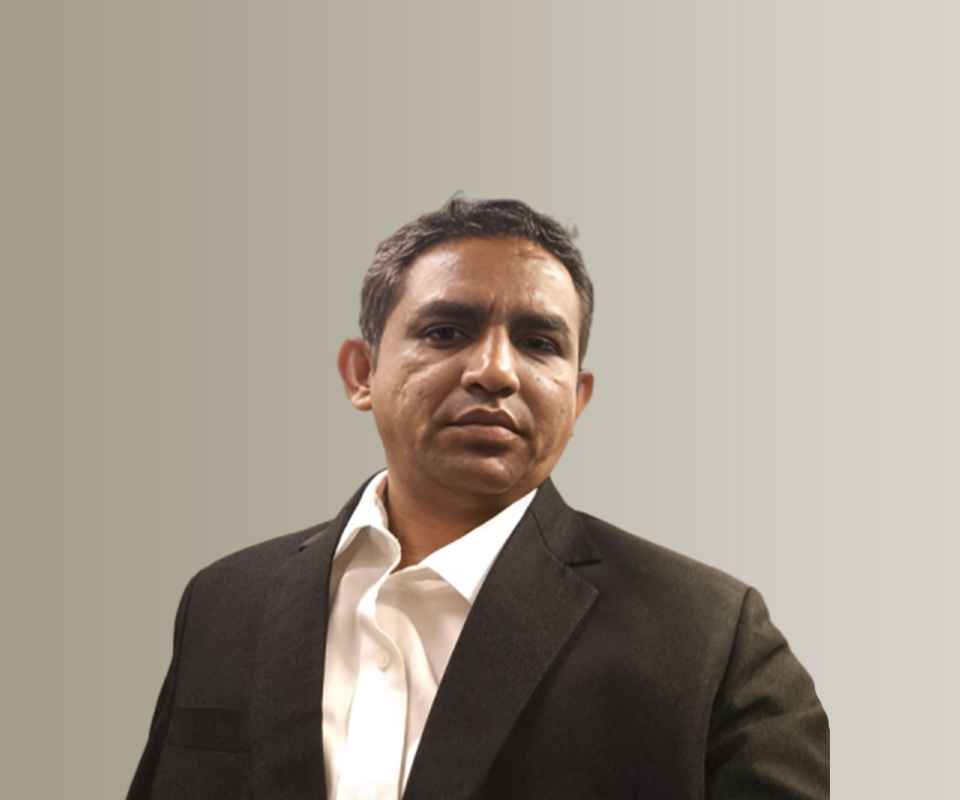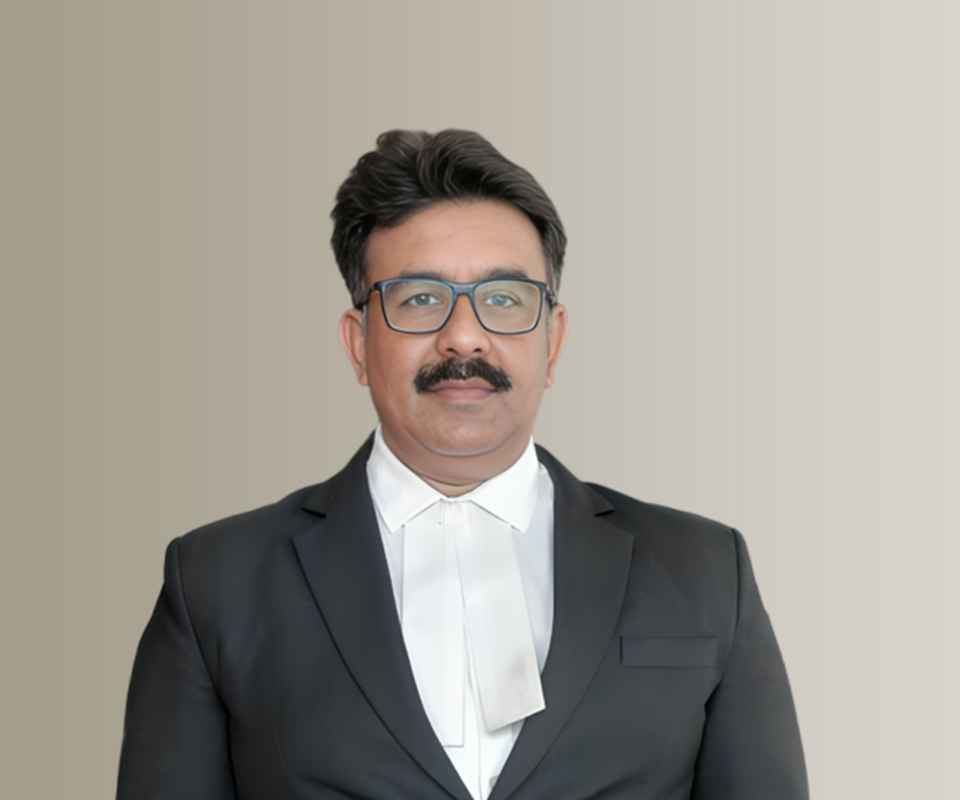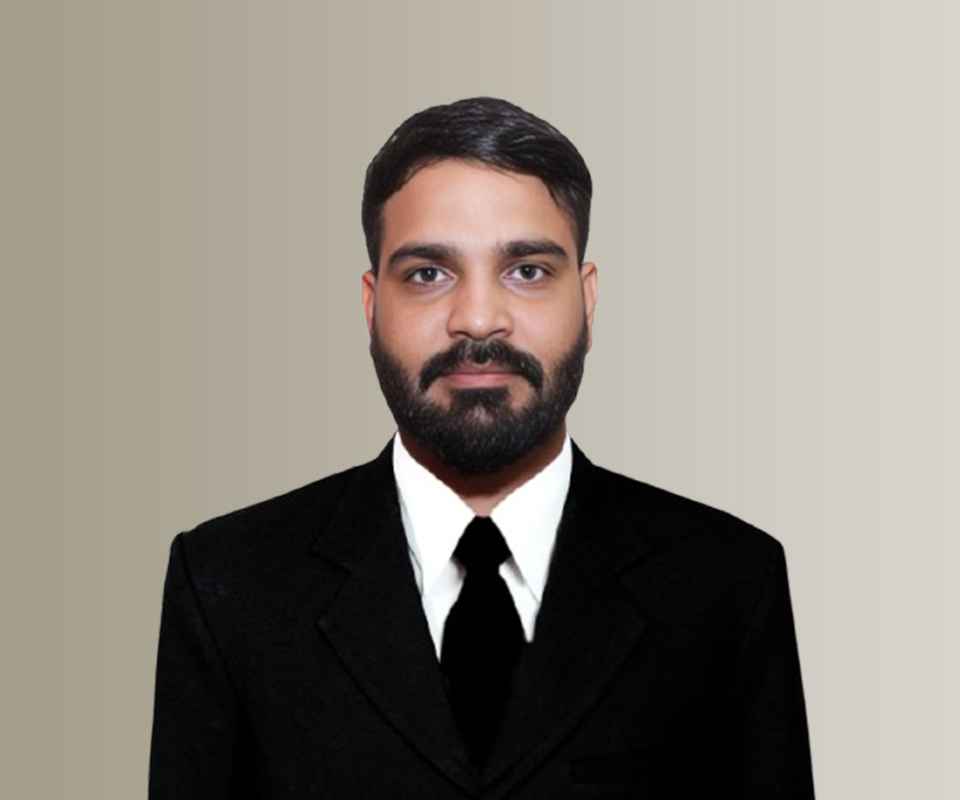Answer By law4u team
Constitution Of India Article 143: Power of President to Consult Supreme Court
(1) If at any time it appears to the President that a question of law or fact has arisen, or is likely to arise, which is of such a nature and of such public importance that it is expedient to obtain the opinion of the Supreme Court upon it, he may refer the question to that Court for consideration, and the Court may, after such hearing as it thinks fit, report to the President its opinion thereon.
(2) The President may, notwithstanding anything in {2}*** the proviso to article 131, refer a dispute of the kind mentioned in the {3}[said proviso] to the Supreme Court for opinion, and the Supreme Court shall, after such hearing as it thinks fit, report to the President its opinion thereon.
NOTE
2. The words, brackets and figure clause (i) of omitted by the Constitution (Seventh Amendment) Act, 1956, s. 29 and Sch. (w.e.f. 1-11-1956).
3. Subs. by s. 29 and Sch., ibid., for said clause (w.e.f. 1-11-1956). .
Brief Detail
Article 143 grants the President the power to consult the Supreme Court on questions of law or fact that are of significant public importance. This allows the President to refer matters to the Court for its opinion, and the Court may conduct hearings before submitting its report. Additionally, the President can refer disputes mentioned in Article 131 to the Supreme Court for its opinion.
Question & Answers
What is the purpose of Article 143 of the Constitution?
Article 143 enables the President to consult the Supreme Court on questions of law or fact of public importance, ensuring that the President gets expert legal opinion on significant matters. This consultation also includes disputes as per Article 131 under certain circumstances.
Who can refer disputes to the Supreme Court under Article 143?
The President has the power to refer disputes to the Supreme Court under Article 143, even if they are related to matters mentioned in the proviso of Article 131, for the Court's opinion.
Example
For instance, the President may refer a constitutional question regarding the division of powers between the Union and the States to the Supreme Court for its opinion, which would help in resolving any legal ambiguity on the issue.
Summary
Article 143 gives the President the authority to seek the opinion of the Supreme Court on significant legal and factual questions. This helps ensure that important national matters are addressed with legal clarity and constitutional accuracy.







